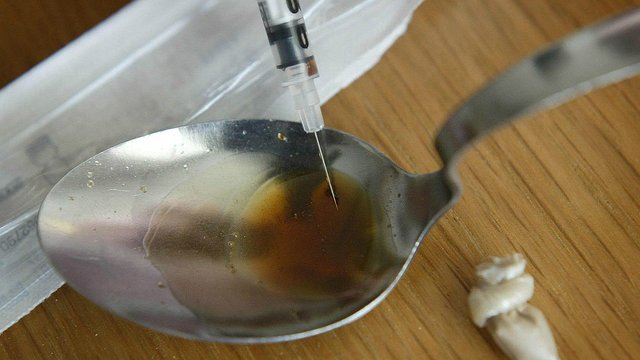80s Inequality Led To Rise In Drug-Related Deaths
26 July 2017, 08:28

Rising inequality during the 1980s increased the risk of drug-related deaths among members of so-called Generation X, according to new research.
The analysis found that a cohort of poorer males within Generation X - those born between 1960 and 1980 - were at increased risk because of the economic and social conditions of the decades.
NHS Health Scotland and the University of Glasgow researchers uncovered the link after looking into the reasons why drug-related deaths have continued to rise.
Drug deaths reached an all-time high in 2015, with figures released last year showing that 706 people died.
Young adults in Generation X would have been exposed to high unemployment levels and diminishing support, the researchers found, with people living in more-deprived areas experiencing these setbacks earlier and more profoundly.
Dr Jon Minton, of the University of Glasgow, said: ''The same kind of pattern we have observed and reported on previously regarding the risk of suicide in vulnerable cohorts in deprived areas in Scotland is repeated, and even more clearly visible, when looking at trends in drug-related death risk.
''For people born in 1960s and 70s, the risk of drug-related deaths throughout the life course was much increased, and gender and area inequalities in these risks increased even more.''
Dr Andrew Fraser, of NHS Health Scotland, said: ''Drug-related death rates have continued to increase in Scotland.
''This work suggests this is likely to be the result of a cohort of people who are at higher risk of drug-related deaths.
''The full impact of excess mortality in these cohorts with high drug-related deaths is unlikely to be known for some time. It already represents the deaths of hundreds of people prematurely.
''As the cohort of people at greatest risk of drug-related deaths continues to age, drugs services will need to adapt to their needs as co-morbidities from chronic conditions associated with ageing and drug use become more prevalent.
''We are hopeful that the findings will be useful in informing current and future policy to help prevent the creation of further cohorts at greater risk of drug-related deaths in Scotland.''






